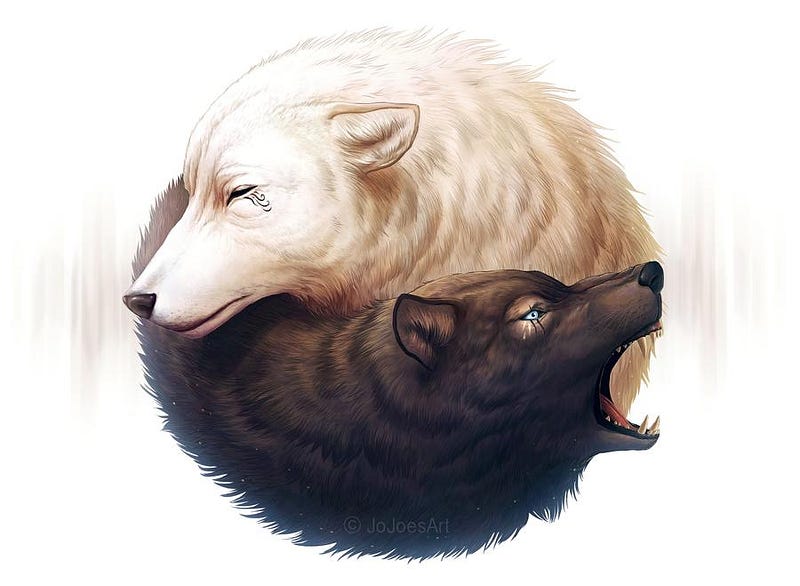
“Life cannot reach its highest potential, in fact, cannot exist without a harmonious blend of competition and cooperation. Only in a harmonious, oscillating dance of both competition and cooperation can the extremes of control and chaos be avoided and peaceful, constructive societal order be found.” — Dee Hock
Our world has experienced a recalibration. This period of cocooning has gifted us with a unique opportunity to reflect on our individual futures and that of our world. Will it be a renaissance or will we quickly get back to the way it was? Organisations, industries and individuals, who have traditionally been fierce competitors are now collaborating and cooperating in ways we may have never before considered. What if this massive disruption is the start of a new age of business, a new age of life? Both nature and history demonstrates our resilience and how we have the ability to bounce back stronger than before.
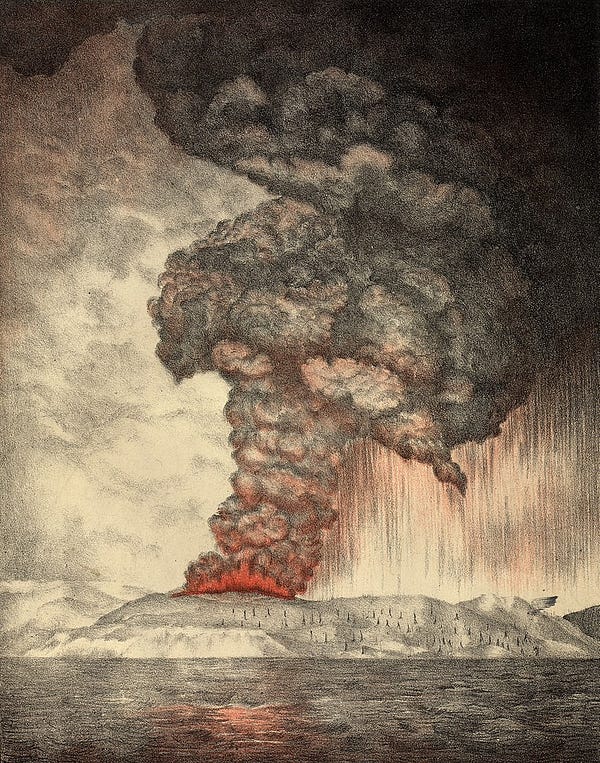
In 1883, the Indonesian island of Krakatoa experienced one of the most deadly volcanic eruptions of modern history. Lava flows and toxic gases eliminated all life and left the islands in a state, scientists call sterilisation. While the event was catastrophic, the natural recovery of the islands’ flora and fauna was miraculous and became the subject of a multitude of case studies and books. The new ecology came back more diverse, more robust and more resistant than ever before.
The competitive business environment has some deep similarities to the evolution of life itself. One of the core lessons we often overlook is that there is no competition or cooperation in nature, there is only both. There are many examples of the harmonious existence of competition and cooperation, one of which is the Portuguese Man O’War.
A Global Man O’War
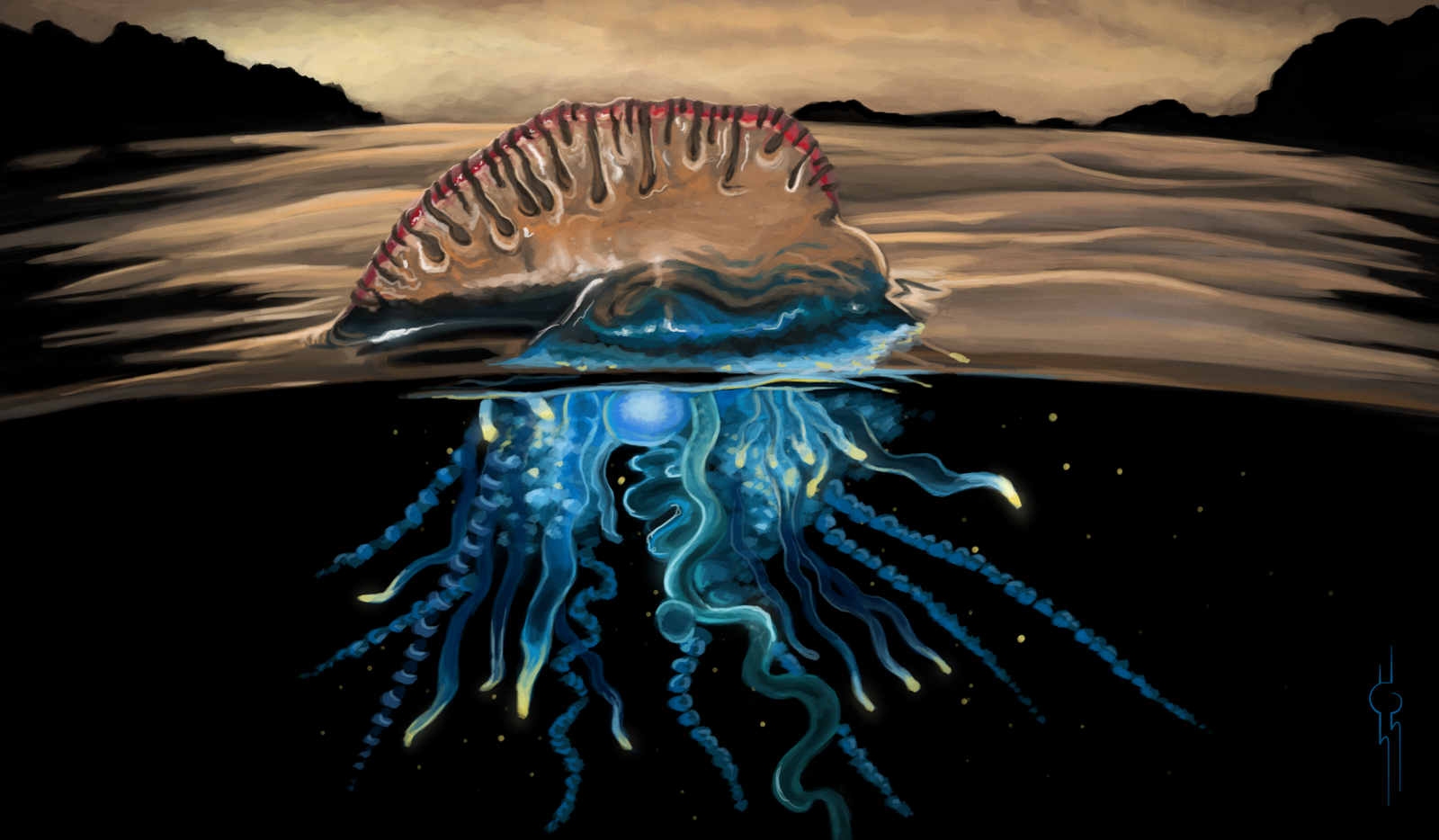
The Portuguese Man O’War is a siphonophore. A siphonophore appears to be a single organism but is actually composed of small individual organisms called zooids that have their own special function for survival. Zooids are attached to one another and physiologically integrated, to the extent that they cannot survive independently, creating a symbiotic relationship, requiring each one to work together and function as an individual animal. The individual organisms make the whole to ensure their longer-term survival.
Our bodies work in a similar manner, we are a collection of 50 trillion cells, each competing for nourishment and oxygen, but each collaborating for the survival of the whole. While each cell is inherently interested in its own survival, cells understand that selfishness will lead to the death of the whole and are willing to make the ultimate sacrifice for the greater good.
Apoptosis or “cellular suicide,” is the process of cellular self-destruction. At a very high level, cells are pre-programmed to commit cellular suicide if they become infected or experience a trauma such as frostbite or a heart attack. Even though it involves cellular death, apoptosis is an essential process for cellular life.
Life is not linear, it is a state of constant evolution, of constant becoming. While I hope this cocoon state we are experiencing may give some of us time to evolve, that is ultimately a personal choice, but resisting change is resisting nature itself. Embracing evolution is really the only way to survive. This is equally true in a business context, where organisations and industries that resist change speed up their own demise. An excellent example comes from the recent 7-part documentary on the Innovation show with founder and CEO Emeritus of VISA, Dee Hock.
A House of Cards — United We Stand

“Competition and cooperation are not contraries. They have no opposite meaning. They are complimentary. In every aspect of life, we do both. Schools are highly cooperative endeavors within which scholars vigorously compete. The Olympic Games combine immense cooperation in structure and rules with intense competition in events. As the runners leap from the blocks, competition and cooperation are occurring in a single, indistinguishable blur. Every cell in our bodies vigorously competes for every atom of nutrient we swallow and every atom of oxygen we breathe, yet every cell can sense when the good of the whole requires they cooperate by relinquishing their demands when the need of other cells is greater. Life cannot reach its highest potential, in fact, cannot exist without a harmonious blend of competition and cooperation. Only in a harmonious, oscillating dance of both competition and cooperation can the extremes of control and chaos be avoided and peaceful, constructive societal order be found.” — Dee Hock
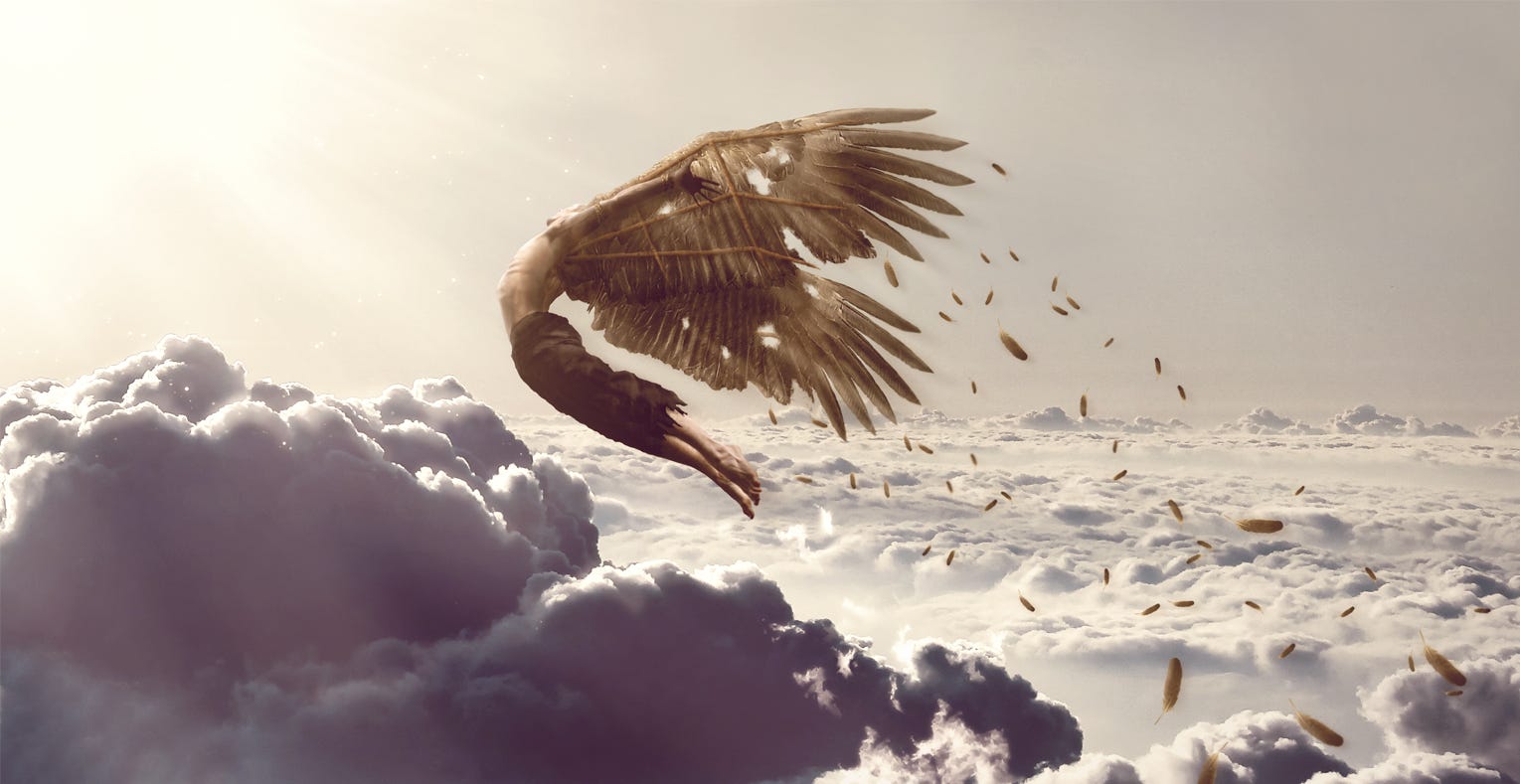
When it began, the nascent credit card industry was in a state of absolute chaos. Drawing on Greek legend, Life Magazine, then in its glory days, ran a famous cover story depicting banks as Icarus flying to the sun on wings of plastic, one a Bank Americard (VISA), the other a Master Charge (Mastercard). Below Icarus was a blood-red sea labeled “losses.” The magazine predicted banks would soon plunge down, wings melted, and drown in a sea of red ink.
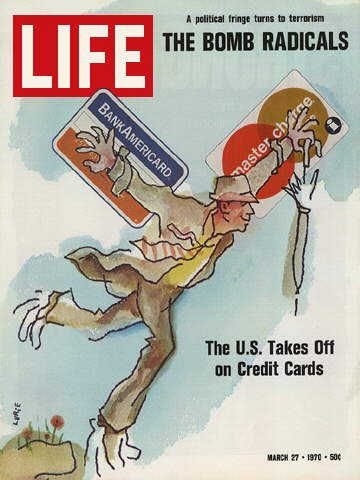
Dee Hock emerged as the leader of what would become VISA. His goal was to convince the leadership of competing banks that together they would be stronger, that yes they can compete, but equally they can collaborate. He first did this VISA in the USA and then extended this marvellous feat to form VISA international. His guiding goal was inspired by lessons from nature that “Competition and cooperation are not contraries. They have no opposite meaning. They are complimentary.” It was this mindset that saved a flailing industry and by embracing principles of collaboration and co-opetiton Dee Hock led VISA to become to the world’s first trillion dollar business.
So many other industries might have been saved by embracing this mindset. Think what might have been if newspapers collaborated to ring fence content behind paywalls. Then, if Google and Facebook wanted to access to content (via crawlers or link sharing), they would have to pay the publisher and not the other way around. Such co-opetition might have saved that industry from the long kiss goodnight that it is experiencing. Think what might have been if the music industry collaborated to create their own version of iTunes or Spotify. They would have spared themselves years of pain and learned how to navigate their own digital future rather than outsourcing it to a neutral party. Alas, competitors would rather let a third party do the work than collaborate with each other. (When this is allowed to happen, a new gatekeeper is born).
The global pandemic we are experiencing spells a reordering of things. Perhaps it might lead to a new world order, where countries collaborate, where organisations work together in a circular economy and where the people within organisations work together under a common purpose.
Yes competition will always exist and so it should. Competition demonstrates we are doing our best for ourselves and for stakeholder and shareholder value. That is healthy, positive competition. The pandemic obliges us to collaborate to fight a common enemy. Hopefully, when the pandemic subsides, that collaboration becomes part of our new normal.
“In the long history of humankind (and animal kind, too) those who learned to collaborate and improvise most effectively have prevailed.” ― Charles Darwin
Some recent Innovation Shows include:
This 7-part miniseries about the life, experiences and philosophies of Dee Hock. Dee discusses his life, his values, how he ended up building Visa. This is a must listen for anyone in any aspect of business, leadership and life. This was an honour, an education and a pleasure to create.
More about Dee here: www.deewhock.com
Soundcloud https://lnkd.in/gBbTTuF
Spotify http://spoti.fi/2rXnAF4
iTunes https://apple.co/2gFvFbO
Tunein http://bit.ly/2rRwDad
iHeart http://bit.ly/2E4fhfl
Jodie Jackson joined us to share her book “You Are What You Read: Why changing your media diet can change the world” more about Jodie here: https://JodieJackson.com